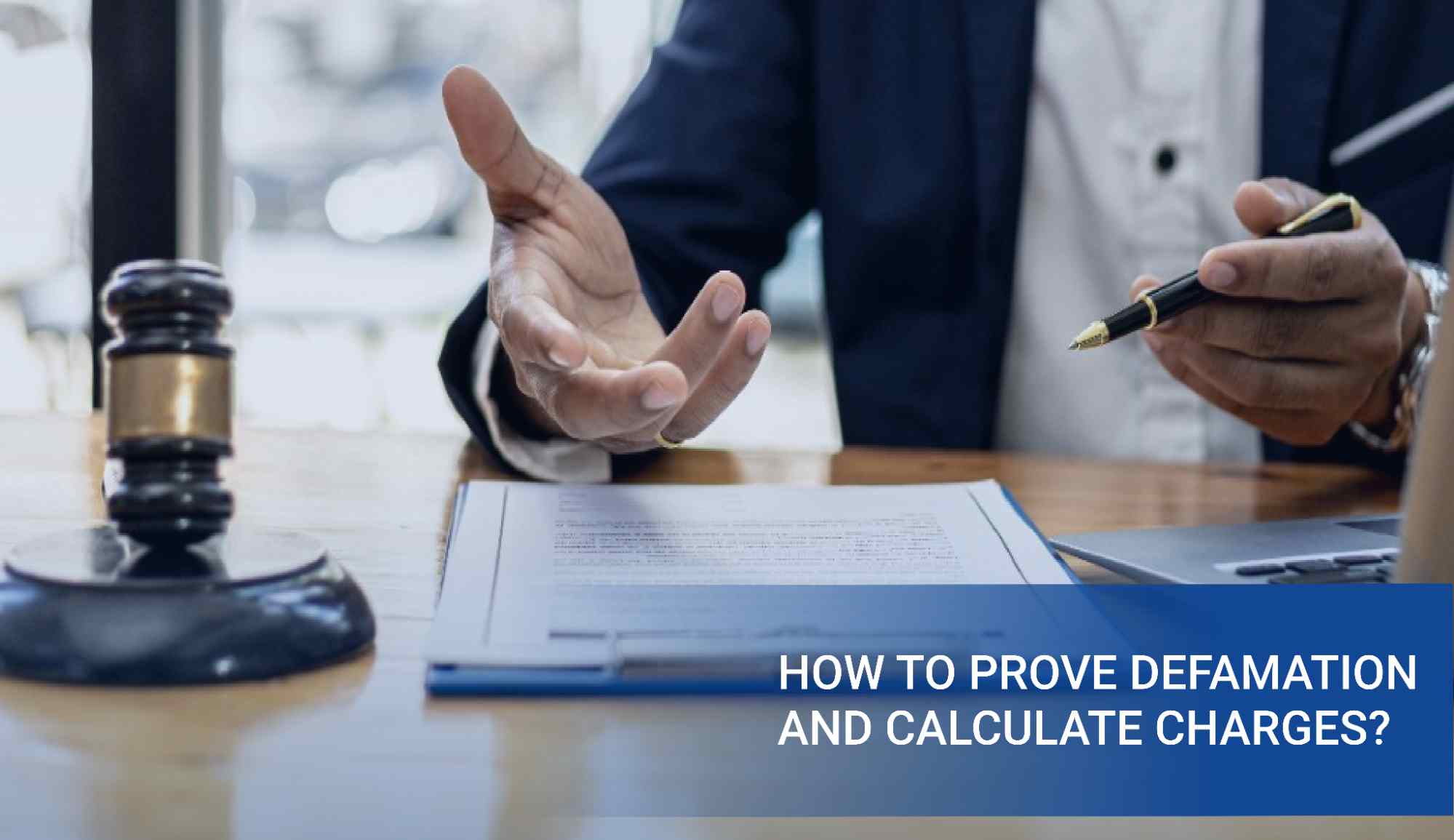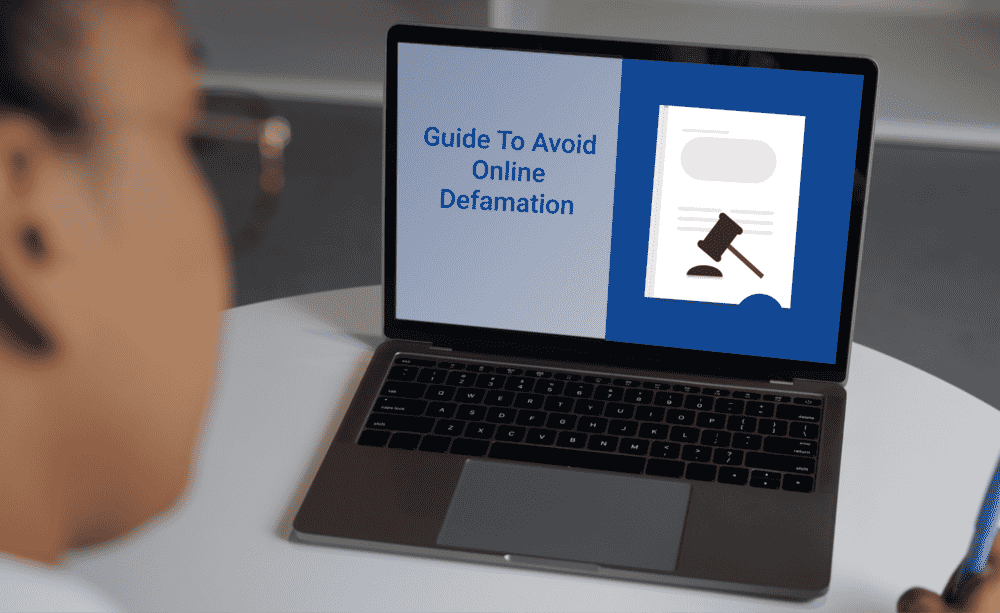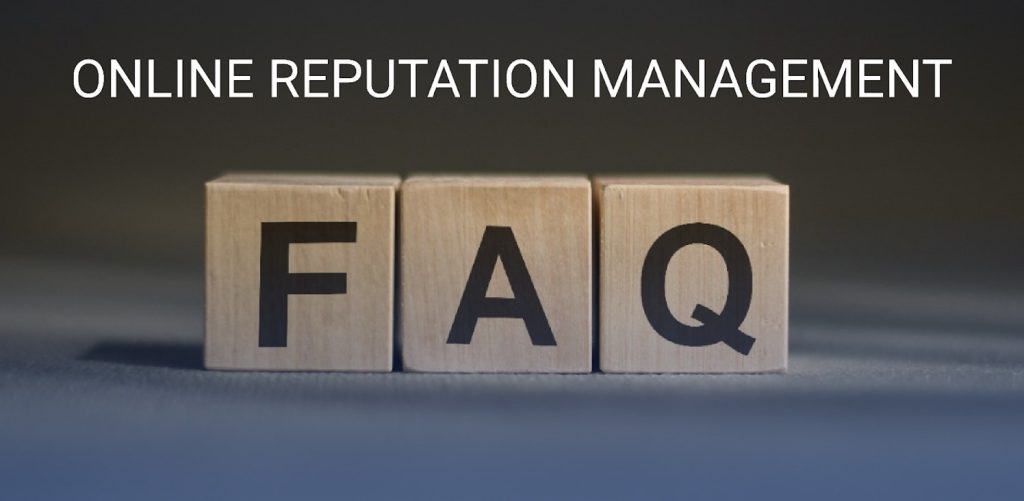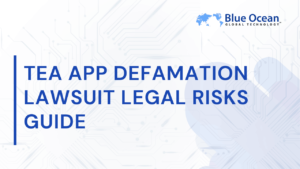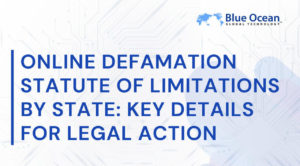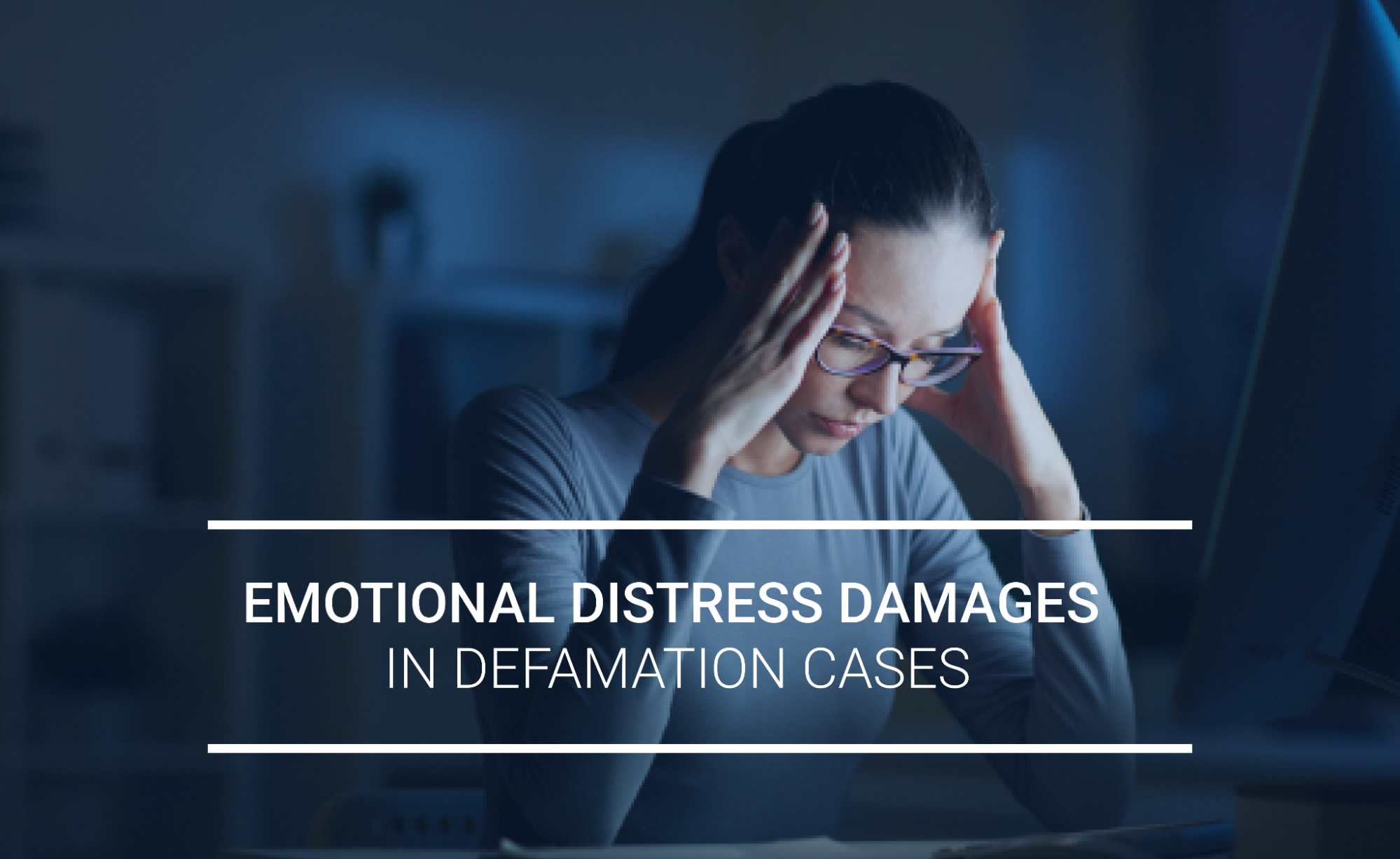Online defamation refers to the act of publishing false statements on the internet that harm a person’s or organization’s reputation. According to the Legal Information Institute, it involves “a false communication that harms another’s reputation and is made publicly through digital or social platforms.”
In today’s digital age, defamatory content can quickly go viral appearing in Google search results, Yelp reviews, Reddit threads, and on social media platforms like Twitter (X) and Facebook. These incidents often lead to emotional distress, financial loss, and long-term damage to personal and professional reputation.
If you’ve been a victim of such attacks, understanding your legal options is crucial. Learn more about expert witnesses in internet defamation cases and emotional distress damages.
What are the Types of Online Defamation?
Online defamation can take multiple forms, depending on the platform, medium, and nature of the false statements. Recognizing the specific type of defamation is essential when determining your legal rights and the most effective response. Below are the primary categories of online defamation, each with unique legal implications and removal strategies.
Libel vs. Slander – What’s the Difference?
While both fall under the broader category of defamation, the distinction is in how the harmful content is communicated:
- Libel: Written or published defamatory statements, typically online or in print.
- Slander: Spoken defamatory statements, which can appear in podcasts, livestreams, or recorded conversations.
Most online defamation cases involve libel, as the content is written and easily shareable. For deeper legal insights, explore our defamation law guide.
Social Media Defamation
Social platforms like Facebook, Instagram, X (formerly Twitter), and LinkedIn are common spaces for defamatory attacks. False claims, doctored images, or misleading accusations can go viral amplifying the reputational damage.
Victims of social media defamation may have legal recourse, especially if the content is untrue, harmful, and widely distributed. It’s critical to preserve evidence quickly and assess the scope of the damage.
Defamation in Online Reviews & Forums
Consumers sometimes post negative reviews that cross the line into defamation making provably false claims that harm a business’s reputation.
Whether on Google Reviews, Yelp, Trustpilot, or niche forums, defamatory reviews can impact trust, revenue, and client acquisition. Businesses often work with defamation expert witnesses to assess the damage and provide testimony if a legal response is required.
Anonymous or Pseudonymous Defamation
Defamation from anonymous accounts or pseudonyms presents legal and investigative challenges. However, it’s still actionable when it causes harm and can be traced through digital forensics.
Our firm provides comprehensive protection against online defamation including investigative support and legal strategies to unmask anonymous attackers.
Role of Cease and Desist Letters
A cease-and-desist letter is often the first legal step. It:
- Clearly identifies the defamatory statement
- Demands its removal
- Offers a window (e.g., 48 hours) before legal escalation
This formal warning can lead to quicker resolution without going to court. For legal precedents, see our article on defamation of character lawsuits, punishment, and legal remedies.
Defamation Per Se vs Per Quod
- Defamation Per Se: Statements harmful on their face (e.g., criminal allegations).
- Per Quod: Context-specific defamation that requires additional explanation to prove harm.
These distinctions impact the legal standards and types of evidence needed.
Can You Sue for Online Defamation?
Yes you can sue for online defamation if someone posts false information about you or your business that damages your reputation. Filing a lawsuit helps you seek justice, stop the spread of harmful content, and recover damages. However, there are legal thresholds that must be met for a successful claim.
Understanding when and how to sue is critical. Victims often feel emotionally overwhelmed, but taking legal action is often necessary to restore your reputation and peace of mind.
Explore our step-by-step resource on how to prove defamation to understand what qualifies as a viable legal claim.
Public vs. Private Figure
Public figures must prove actual malice (knowledge of falsehood or reckless disregard). Private individuals face a lower burden, often proving negligence. This difference affects how we build your case. Read more in the Defamation Law Overview.
Statute of Limitations for Defamation
Defamation claims must be filed within a time limit typically 1 to 3 years in the United States. For example:
- California: 1 year
- Texas: 1 year
- New York: 1 year
International jurisdictions vary. Contact us to find your deadline.
What are the Key Legal Elements Required to Prove Defamation?
To pursue a defamation lawsuit, four key elements must generally be proven:
- False Statement – The statement made must be untrue.
- Publication – The statement was communicated to a third party (i.e., not private).
- Fault – The person making the statement was negligent or had malicious intent.
- Harm – The statement caused reputational, emotional, or financial damage.
Courts also consider context, including whether the statement is presented as a fact or opinion. Learn how our legal team and expert witnesses build cases with clear evidence and persuasive testimony.
What Damages Can You Claim for Online Defamation?
Victims of defamation may be entitled to compensation depending on the impact. Common types of recoverable damages include:
- Actual/Economic Damages – Lost income, business deals, or clients
- General Damages – Reputational harm, humiliation, stress
- Punitive Damages – For cases involving clear malice or intent to harm
Visit our guide on defamation damages to understand how courts evaluate claims.
Emotional Distress & Reputation Harm
Beyond financial losses, defamatory content often causes mental anguish, anxiety, and social isolation. Courts recognize emotional harm as a valid form of damage, particularly when it leads to therapy, health issues, or public humiliation.
To learn more, read our article on emotional distress damages from defamatory content it covers how emotional harm is evaluated and compensated in court.
How to Remove Defamatory Content from the Internet?
Removing defamatory content requires a mix of legal action, platform processes, and online reputation strategies. The longer harmful content stays visible, the more damage it can cause to your credibility and peace of mind.
This step-by-step guide walks you through what to do, from issuing takedown notices to pursuing court orders.

Picture Credits: Freepik
1. Contact the Publisher or Website Owner
Start by identifying the source of the defamatory content and sending a formal takedown request. Your message should include:
- A clear link to the harmful content
- An explanation of why the statement is false
- A direct request for removal
- A deadline for response (e.g., “within 48 hours”)
⚠️ Tip: Always save screenshots and emails. Documentation matters in court.
This first step is often enough to resolve cases without escalation.
2. Use Takedown Tools on Social Platforms
Most major platforms provide legal complaint systems for defamatory content:
- Facebook / Instagram: Use “Report Post” and select defamation or harm
- Google: File a Legal Removal Request
- YouTube: Use their legal complaint form for libel
- Reddit / Forums: Message moderators or file a content report
Each platform has its own policies and timelines. If the content violates terms or causes legal harm, it may be taken down quickly.
Need help gathering evidence or writing requests? Our expert witness in defamation cases services include legal strategy support.
4. File a Defamation Lawsuit
As a last resort, take legal action. A lawsuit may include:
- Temporary Restraining Orders (TROs) to stop content sharing
- Court-ordered takedown requests to platforms
- Damages claims for emotional distress and reputational loss
Working with digital evidence experts and a qualified defamation expert witness strengthens your case and outcome.
3. Combine ORM Services with Legal Strategy
When content remains online or spreads, you need a coordinated plan:
- Online Reputation Management (ORM): Helps push down negative results
- Legal Strategy: Helps issue cease-and-desist letters or prepare lawsuits
- Monitoring Tools: Track mentions, reposts, and duplicates
We help clients build robust protection against online defamation through this integrated approach.
Case Examples: Real-World Online Defamation
Understanding the real-world impact of online defamation helps highlight how damaging false content can be and how legal and reputation recovery strategies work in practice. Here are two anonymized case studies drawn from our experience in digital reputation management and legal support.
Business Defamation Case – Fake Reviews & Lost Revenue
Industry: Professional Services
Platform: Google Reviews, Yelp
A reputable consulting firm suffered a string of anonymous 1-star reviews alleging fraud and unprofessional conduct. The reviews were traced to a former disgruntled contractor posing as clients.
Impact:
- 23% drop in website inquiries within 30 days
- Loss of two key B2B contracts
- Staff morale plummeted due to public perception
Action Taken:
- We partnered with legal counsel to issue takedown letters
- Filed a court-approved subpoena to identify the reviewer
- Our ORM strategy suppressed the negative content
Outcome:
Within 6 weeks, defamatory reviews were removed, and the client received compensation for business defamation losses.
Personal Reputation Attack – Social Media Smear Campaign
Context: False accusations on Instagram and Reddit
Victim: College applicant and student-athlete
A high-achieving student was accused of academic dishonesty and misconduct in a series of Instagram Stories and Reddit threads—none of which were true. The rumors spread, and the student’s admission to a top university was put on hold.
Action Taken:
- Immediate evidence collection (screenshots, metadata)
- Legal team issued cease-and-desist letters
- We coordinated expert analysis to disprove the claims
Outcome:
The defamatory posts were removed within 10 days. A formal apology and public clarification were published. The student’s admission was reinstated.
This case demonstrates how emotional and reputational harm can occur rapidly online and how swift, coordinated action can reverse the damage.

Picture Credits: Pexels
FAQs on Online Defamation
Can I sue someone for anonymous online defamation?
Yes. While anonymous defamation adds complexity, legal tools such as subpoenas and forensic investigations can help unmask the individual behind the post. If you can identify them and meet the legal elements of defamation, a lawsuit is possible.
Is it defamation if someone posts a bad review about my business?
It depends. Honest reviews based on true experiences are protected speech. However, if the review contains provably false claims that harm your business, it may qualify as defamation. Learn more about defamation damages and how courts handle review-based claims.
What kind of evidence do I need to prove online defamation?
Collect:
- Screenshots with timestamps
- URLs and post metadata
- Witness statements or client losses
- Communication records (emails, messages)
Our expert witnesses in defamation cases help assemble strong evidence in court.
How long do I have to file a lawsuit for online defamation?
Most states follow a 1-year statute of limitations, but this can vary. If defamatory content is discovered later or continues being republished, the timeline may adjust. Consult a legal expert for jurisdiction-specific guidance.
Can emotional distress from online defamation be compensated?
Yes, Courts often award damages for mental anguish, anxiety, and trauma caused by defamatory content. Read our detailed breakdown on emotional distress damages from defamation.

Picture Credits: Unsplash
Our Approach to Online Defamation Resolution
At Blue Ocean Global Technology, we take a comprehensive and strategic approach to combating online defamation—combining legal expertise, digital forensics, and reputation management to help you reclaim control.
Step 1: Defamation Case Assessment
We begin with a detailed review of your situation. Our team evaluates:
- The nature and reach of the defamatory content
- Potential legal strategies
- ORM options for immediate damage control
You’ll receive a transparent, actionable plan tailored to your case.
Step 2: Legal Guidance + Expert Witness Support
Our legal partners and defamation expert witnesses collaborate to:
- Draft cease-and-desist or takedown letters
- Guide you through the litigation process
- Provide expert analysis and courtroom testimony
We support both individuals and businesses across industries.
Step 3: Online Reputation Restoration
Whether you’ve lost revenue, job offers, or social credibility, we implement a digital restoration strategy that includes:
- ORM content publication
- SEO suppression of defamatory pages
- Monitoring and alerts for future attacks
Read how we deliver lasting protection against online defamation.
Why Choose Us?
- 15+ years of global experience
- Trusted by law firms, executives, and public figures
- Proven track record in defamation removal and ORM
- Transparent pricing and personal support
Ready to Take Action?
Click below to speak with our online defamation team and start your recovery process today.
Protect Your Reputation Now
Don't let online defamation go unchecked. Our legal experts can help you gather evidence, identify anonymous posters, and pursue removal or compensation.



